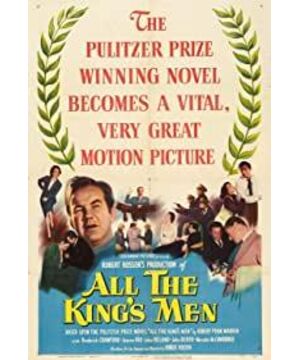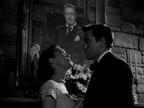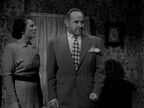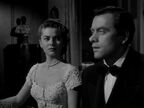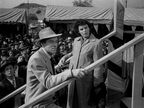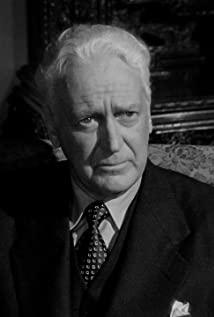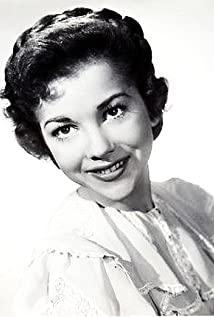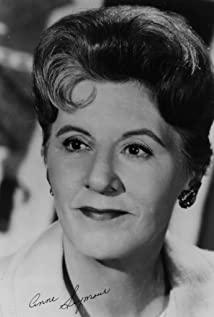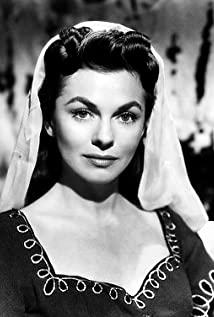Let’s start with "Savior". Roosevelt was re-elected for four terms during the Great Depression, and the black Obama was elected with high votes in the context of the financial tsunami, which all showed a certain kind of "savior" complex that prevailed in American society. But the former has become one of the greatest presidents in American history. Although the political prospects of the latter are not clear, they are certainly not pessimistic to the point of self-destruction. The second is corruption and judicial justice. This problem is not unique to Willie. Needless to cite other examples, the film itself reflects: If it were not for bureaucratic corruption that led to the collapse of school buildings and a large number of schoolchildren casualties, it would be impossible for Willie to quickly win a large number of votes after losing the first election.
Third, political ideas. Wiley's core political ideas are repeatedly mentioned in the film through passionate speeches and other forms: "Your will is my strength and justice", "As long as the goal is correct, you can do whatever you want." That's right, anti-democratic behavior under the guise of the people is indeed worthy of criticism. I can think about it again. Is the "Saddam government possessing weapons of mass destruction" made up by Bush Jr. when he launched the Iraq war as "unscrupulous" to protect the interests of the American people? If the two are essentially the same, then why can he be re-elected for two consecutive terms without being shot by an outraged war widow (Kennedy was shot, but the bullet did not come from the muzzle of justice)? Why can his baby daughter hold a million luxury weddings and marry as a woman, instead of driving to death like Willie's son and eventually becoming disabled for life?
There is also a "personal style issue" that is not mentioned above but also attached to Willy: He took away the girlfriend of the hero in the film. Ironically, this happens to be one of the stubborn problems in contemporary American politics. Not only are many congressmen, mayors and governors forced to dismiss classes for recruiting prostitutes, but even the most senior American president has caused the scandal of female White House interns! It's just that Officer Clinton is dead. Enough trumpets have been blown, and the president has worked for eight years. The direct cause of Willie's assassination in the film was that he forced the old judge to death. In Preminger's "Washington Spring and Autumn", which shows the two-party political struggle, there is a similar plot: the young conservative Senator Anderson, who presided over the special hearing on the qualifications of the presidential secretary, was dug out by political opponents. He shot himself because of the homosexual scandal during his early enlistment. But it's worth intriguing that the young senator who "drove to death" his political opponents finally ended up resigning. Why did no one shoot him? Since the reality of the American political ecology does not reflect the causal view of good and evil promoted in this film, why does Willie, who is not too "harmful", end up being stabbed to death?
There are two diametrically opposed interpretations of this issue. The positive thing is of course because Hitler’s Nazi regime’s lessons learned have prompted Americans to maintain a high degree of vigilance on the issue of the transition from democracy to centralized power. The dark, but perhaps correct interpretation is that this movie actually serves to maintain the bipartisan system in the United States. Those in power are using the emerging mass media of movies to instill in the minds of the majority of American people: It is also a democratic election, and bipartisan politics is healthier than those grassroots who gain votes by agitating the bottom people and ultimately achieve political goals. , Much more trustworthy. The latter must go to idolatry, moral depravity, abuse of power, malfeasance to undermine judicial justice, and self-destruction! Even if we finally realize that there are all the faults that people have. Bipartisan politics is also engaged in idolatry, morality is also depraved, and power is abused and dereliction of duty. There is even one that Willie can't accomplish: family politics is hereditary in disguise-the father became the son of the president, and the husband was the president's wife as the secretary of state.
Therefore, it is not difficult to understand why it was also a political exposing work at the time. Some films were marginalized due to the so-called controversial themes, but this film was able to win three Oscars including the best picture. (Similar to "The Wharf"?). Therefore, exposing criticism is actually just a means, just like singing praise. The key is whether you can provide what those in power want.
View more about All the King's Men reviews


